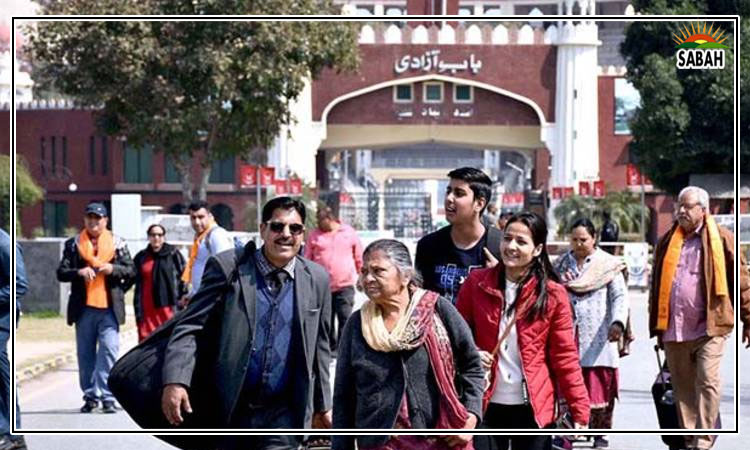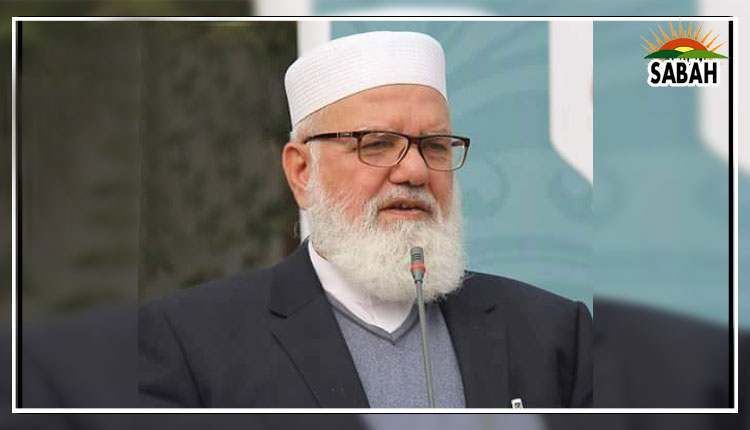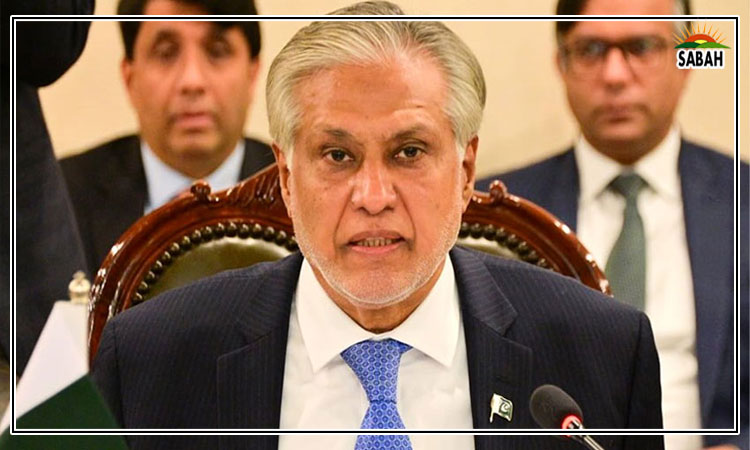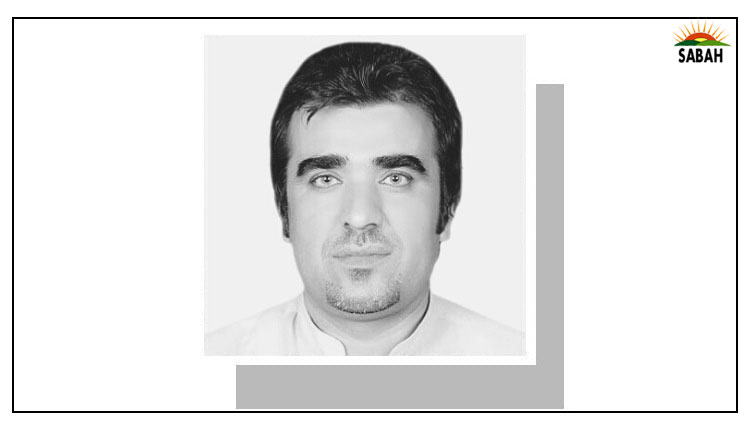Amanullah Khan: Remembering the Gilgit Rebel….Sheikh Farkhanda
On Amanullah Khan’s death anniversary, we commemorate a towering figure whose life was dedicated to the cause of an independent Kashmir. Amanullah Khan was born on 24 August 1934 in Astore district of Gilgit Baltistan. He spent a significant time in Kashmir Valley’s Kupwara district where he, besides completing his schooling, lived with his brother-in-law Hashmat Ali Khan. He died on 26 April 2016 in a Rawalpindi hospital, aged 82. Amanullah Khan was not just an individual; he was an institution, a beacon of hope, and an advocate for the rights of the Kashmiri people who have faced horrendous abuses during different foreign rules in history and continue to face the brunt of foreign Indian occupation of their homeland.
From the inception of his journey as a law student, Amanullah Khan proved himself to be a man having an indomitable spirit for fighting the war of liberation for Jammu and Kashmir. He launched the ‘Voice of Kashmir,’ a monthly magazine that echoed the aspirations of an independent Kashmir. Despite facing government pressures leading to its closure, Khan’s commitment remained unshaken and he revived the magazine in England in 1976, continuing his relentless projection of the independence ideology for several more years. The magazine was known for its hard-hitting editorials that severely criticized Indian occupation of Jammu and Kashmir besides targeting Pakistan’s weak Kashmir policy.
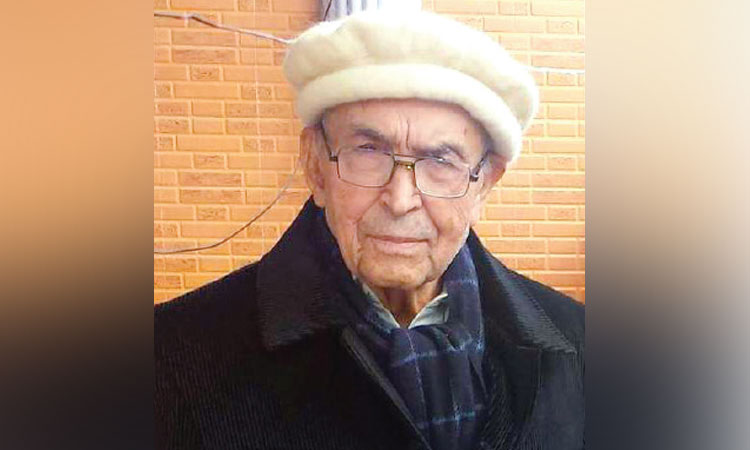
Khan’s involvement in the political landscape of Kashmir was profound. He played an important role alongside late G.M. Lone in establishing the Kashmir Independence Committee in 1963, marking it as one of the first pro-independence Kashmiri organizations. His leadership as its first de-facto secretary was instrumental, even though the committee faced challenges and was eventually de-organized. As the co-founder and Secretary General of the Jammu Kashmir Plebiscite Front (JKPF) and its two wings, JKNLF and Kashmir Committee for Afro-Asian Peoples Solidarity, Khan’s contributions were monumental. Through literature, rallies, press conferences, and demonstrations, he tirelessly worked towards projecting and expanding the independence ideology throughout his entire life.
Amanullah Khan’s alliance with Shaheed Muhammad Maqbool Butt, another stalwart of the Kashmiri freedom movement, was legendary. Together, they championed the cause of reunification and complete independence of Jammu Kashmir State as it stood on August 14, 1947. Their concept of armed freedom struggle for Kashmir resonated deeply with the aspirations of the Kashmiri people. Tragically, Maqbool Butt was executed by India after enduring over a decade of imprisonment inside India’s infamous Tihar Jail, and Amanullah Khan himself faced imprisonment and torture in both India and Pakistan for his unwavering commitment to the cause of freedom movement.
A prolific writer and orator, Amanullah Khan penned three books and countless articles in both Urdu and English, shedding light on various aspects of the Kashmir Issue. His writings were not just informative but also deeply resonated with the emotions and struggles of the Kashmiri people. He was a sought-after speaker, addressing press conferences at the UN headquarters in New York, the National Press Club in Washington, and various capitals in Europe, among others.
Despite facing imprisonment abroad in England, Belgium, and New York, Khan’s spirit remained unbroken. He endured mental and physical torture with resilience and emerged as a symbol of steadfastness for the Kashmiri people. He remains the only Kashmiri against whom India has secured International Warrants of Arrest (Red Notice) from Interpol, and Pakistan confiscated his passport to hinder his political activities abroad. Yet, these challenges only strengthened his resolve.
In 1973, Khan was offered the presidency of the Pakistan People’s Party in Gilgit Baltistan, a position that would have made him the area’s first Chief Minister. However, he declined the offer, staying true to his political ideology and commitment to the cause of Kashmir’s independence. Amanullah Khan’s influence transcended geographical boundaries. He was often referred to as the ‘common political property’ of all three parts of Jammu Kashmir State: Gilgit Baltistan, the Indian-controlled part, and Azad Kashmir. Amanullah Khan’s journey was a symphony of unyielding passion, unwavering courage, and profound commitment to the dream of a free Kashmir. His indelible mark on history continues to kindle the flames of hope and inspiration in the hearts of those who yearn for a liberated homeland. On this poignant anniversary of his passing, let us not just remember him, but let us also embrace the fervor he embodied. Let us rekindle the spirit of resistance and hold high the torch of his ideals, and march forward with renewed vigor in the enduring quest for Kashmir’s freedom. I am deeply inspired by Amanullah Khan after Shaheed Syed Ali Gilani. Both these leaders endured every hardship without compromising on their principles. May Allah elevate their ranks and status in Jannah.
The writer is a researcher at International Islamic University Islamabad


